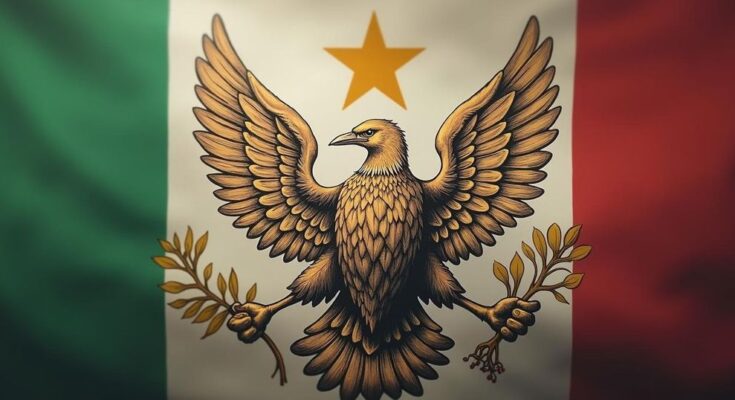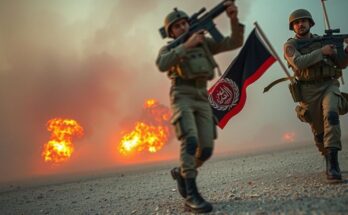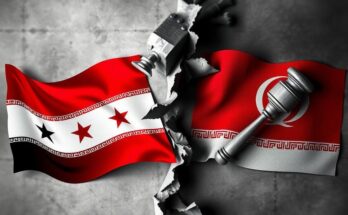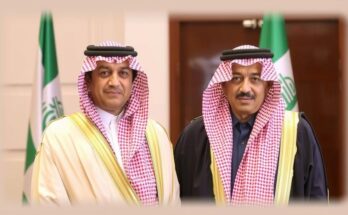Sudan has renewed accusations against the UAE, alleging support for the Rapid Support Forces (RSF) in the ongoing conflict. In a letter to the UN Security Council, Sudan presented new evidence of military, financial, and logistical aid from the UAE to the RSF, urging the UN to take action against what it described as continuous aggressive activities by the UAE. The accusations follow a formal complaint filed in March and include claims of wounded fighters receiving treatment in the UAE, along with confiscated Emirati medical supplies and evidence of arms transportation.
On October 12, 2024, the Sudanese government reiterated its accusations against the United Arab Emirates (UAE), alleging its involvement in supporting the Rapid Support Forces (RSF), amidst the ongoing conflict in Sudan. In a correspondence addressed to the President of the UN Security Council on October 11, Sudan presented what it characterized as fresh evidence of the UAE’s military, financial, and logistical backing of the RSF, described as “continuous aggressive activities.” This renewed assertion follows a formal complaint submitted by Sudan against the UAE on March 29, where it accused the Gulf nation of instigating warfare and colluding with Chad to support the RSF. The recent letter included allegations that wounded RSF fighters were treated at the Zayed Military Hospital in Abu Dhabi, alongside images of artillery ammunition boxes allegedly seized in the conflict, marked with the UAE’s insignia. Additionally, Sudan claimed to have discovered trucks bearing Dubai license plates, purportedly used to transport weaponry for the RSF. The letter also reported seizing Emirati medical supplies recently manufactured, which Sudan states were meant for the RSF’s use. Sudan’s communication emphasized that the seized items are currently under the custody of the Sudanese Armed Forces and are available for examination by experts from the UN. Moreover, Sudan accused the UAE of enlisting mercenaries from various nations to join the RSF in combat operations, while providing them critical financial and logistical support. The Sudanese Foreign Ministry articulated that, “the UAE’s conduct makes it a key partner in the war of aggression against Sudan.” Furthermore, the letter condemned the UAE’s actions as violations of international law and the UN system, accusing it of pursuing a project aimed at ethnic supremacy in Sudan, thereby posing a threat to regional stability. In light of these accusations, Sudan has urged the Security Council to denounce the UAE and demand accountability for its alleged transgressions.
The conflict in Sudan has been marked by various factions vying for power, with the RSF emerging as a significant military force. The RSF has been implicated in various human rights abuses, leading to widespread international concern. Allegations of external support, particularly from wealthy Gulf states like the UAE, exacerbate the humanitarian crisis and complicate diplomatic resolutions. Historically, Sudan and the UAE have had a complex relationship, with recent accusations pointing to an increasing militarization of ties amid ongoing violence in the region. The UN’s role becomes critical as both the humanitarian aspect of the crisis and geopolitical stability are at stake, necessitating a call for intervention and accountability.
In conclusion, Sudan’s allegations against the UAE highlight the escalating complexity of the conflict involving the RSF and the broader implications of foreign involvement in the region. Sudan’s call for action by the UN Security Council underscores the urgency of addressing these claims, with implications for both international law and regional stability. The pending examination of evidence and potential UN involvement may influence the trajectory of this conflict and the role of external actors in it.
Original Source: sudantribune.com




